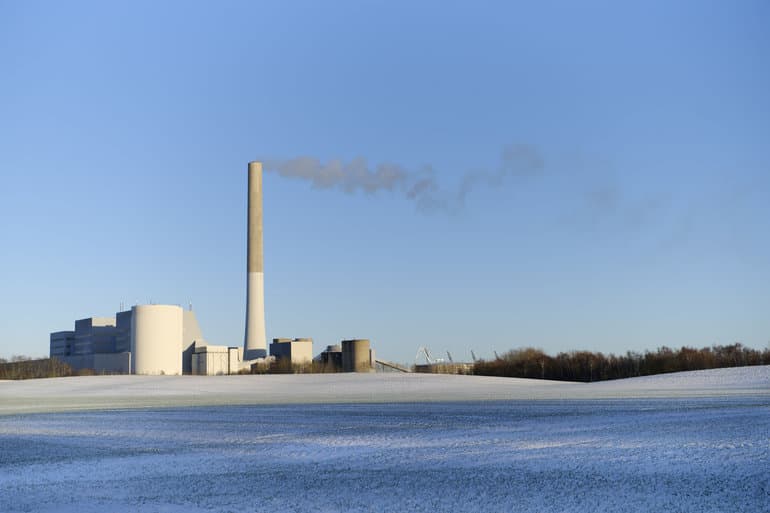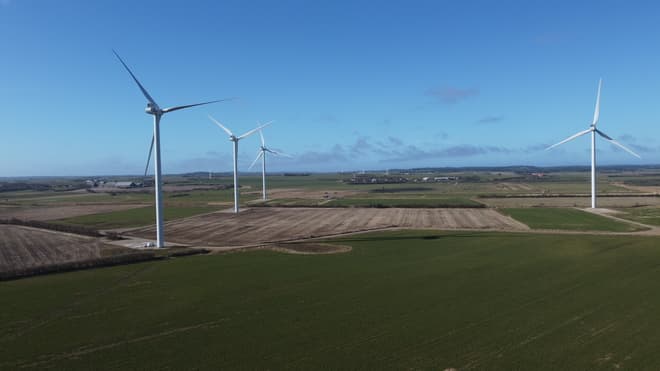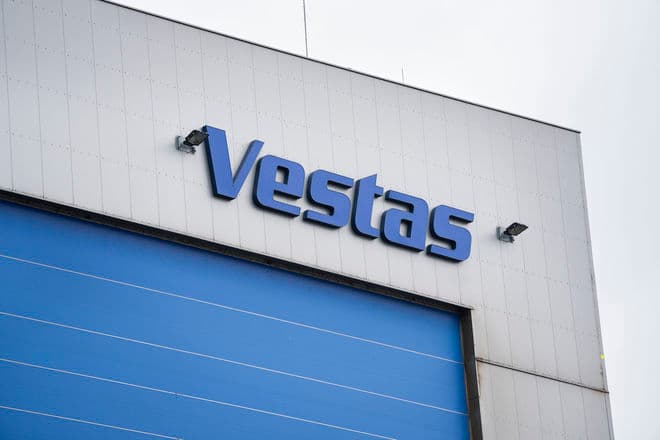
A price cap on surplus heat has in several cases blocked district heating companies from being able to invest in energy efficiency measures that utilize wasted energy.
Now a broad majority in the Folketing has agreed to lift the price cap.
- It is a pain to throw energy into the air if it can be used for something sensible, says Minister for Climate, Energy and Utilities Lars Aagaard (M).
- That is why we have been working for some time to remove the price cap, and I am pleased that there is agreement on it.
The agreement is supported by the government with the SF, Liberal Alliance, the Conservative People's Party, the Unity List and the Radical Left.
The price cap was originally introduced to protect heating customers from district heating companies making investments in new plants and technologies that would make heating bills too expensive.
KL has previously in its consultation responses to the bill also criticized the price cap.
Stumbling block for initiatives
However, the cap has proven to be a stumbling block for investments in initiatives that can utilize excess heat from, for example, large data centers, where the excess heat from thousands of computer servers is released into the air.
Several district heating companies have therefore loudly stated that they would be able to utilize energy better if the price cap were removed.
The risk of a more expensive heating bill has therefore not completely disappeared, admits Lars Aagaard.
- It is not canceled if the heating companies behave foolishly. The heating companies and the industry have wanted freedom. Now they get it, but they have to manage it responsibly, he says.
The minister points out that there is still an overall regulation of the district heating sector, which is intended to protect customers against price increases in the otherwise monopoly-like market.
It is precisely the overlapping regulations that have been a driving force for the Liberal Party in abolishing the price cap. Climate spokesperson Linea Søgaard-Lidell says that she and the party have fought for its abolition internally in the government.
- There is already regulation over district heating. That's why I considered it a double regulation, says Linea Søgaard-Lidell.
Maybe higher CO2
Although an abolished price cap may mean more energy utilization, it may actually also mean slightly higher CO2 emissions for a period.
The Ministry of Climate, Energy and Utilities has assessed that the abolition may risk causing additional emissions of 100,000 tons of CO2 in 2030.
This is because there are some productions that still use fossil energy sources to produce their energy. If they can sell the surplus heat from here at a higher price, they will become more competitive.
This may lead to them increasing production, which may result in greater CO2 emissions.
- The "downside" of the agreement is that there is that risk, and all parties have looked into it with open eyes, says Lars Aagaard.
As production in Denmark switches to using renewable energy, the risk of emissions will decrease. Therefore, the ministry expects that additional emissions will stop after 2030.
Continued approval in municipalities
A consequence of the abolition of the price cap is greater freedom for district heating companies to include costs associated with utilizing surplus heat. The agreement points out that this may result in higher heating prices in some district heating networks:
"As a result, it will be incumbent on the management of the district heating companies to take responsibility for ensuring that the future utilisation of surplus heat is done in a financially responsible manner and to the benefit of the consumer", it says, among other things.
However, the agreement also states that the district heating company will continue to be subject to the Heat Supply Act's requirement that the consumer's heat prices do not exceed what the necessary costs can justify or lead to unreasonable prices.
In addition, the district heating companies will continue to have surplus heat projects approved by the municipality in accordance with the project executive order, as it is called.
The agreed model involves a change in the law, and that the parties to the agreement note that work is underway to submit a proposal in April and with effect from 1 July 2025.
See Agreement on the abolition of the price cap on surplus heat here.
/ritzau/cwa
Last paragraph under last subheading added at 10.50
Text, graphics, images, sound, and other content on this website are protected under copyright law. DK Medier reserves all rights to the content, including the right to exploit the content for the purpose of text and data mining, cf. Section 11b of the Copyright Act and Article 4 of the DSM Directive.
Customers with IP agreements/major customer agreements may only share Danish Offshore Industry articles internally for the purpose of handling specific cases. Sharing in connection with specific cases refers to journaling, archiving, or similar uses.
Customers with a personal subscription/login may not share Danish Offshore Industry articles with individuals who do not themselves have a personal subscription to Danish Offshore Industry.
Any deviation from the above requires written consent from DK Medier.


















